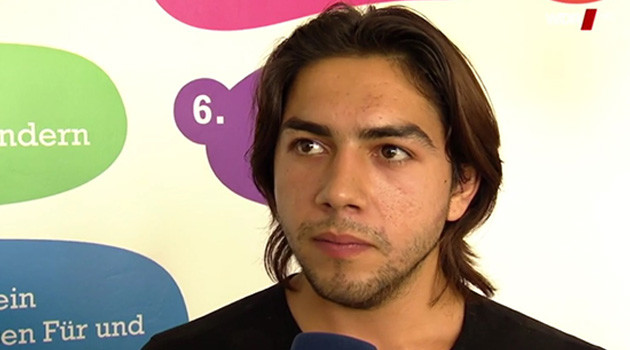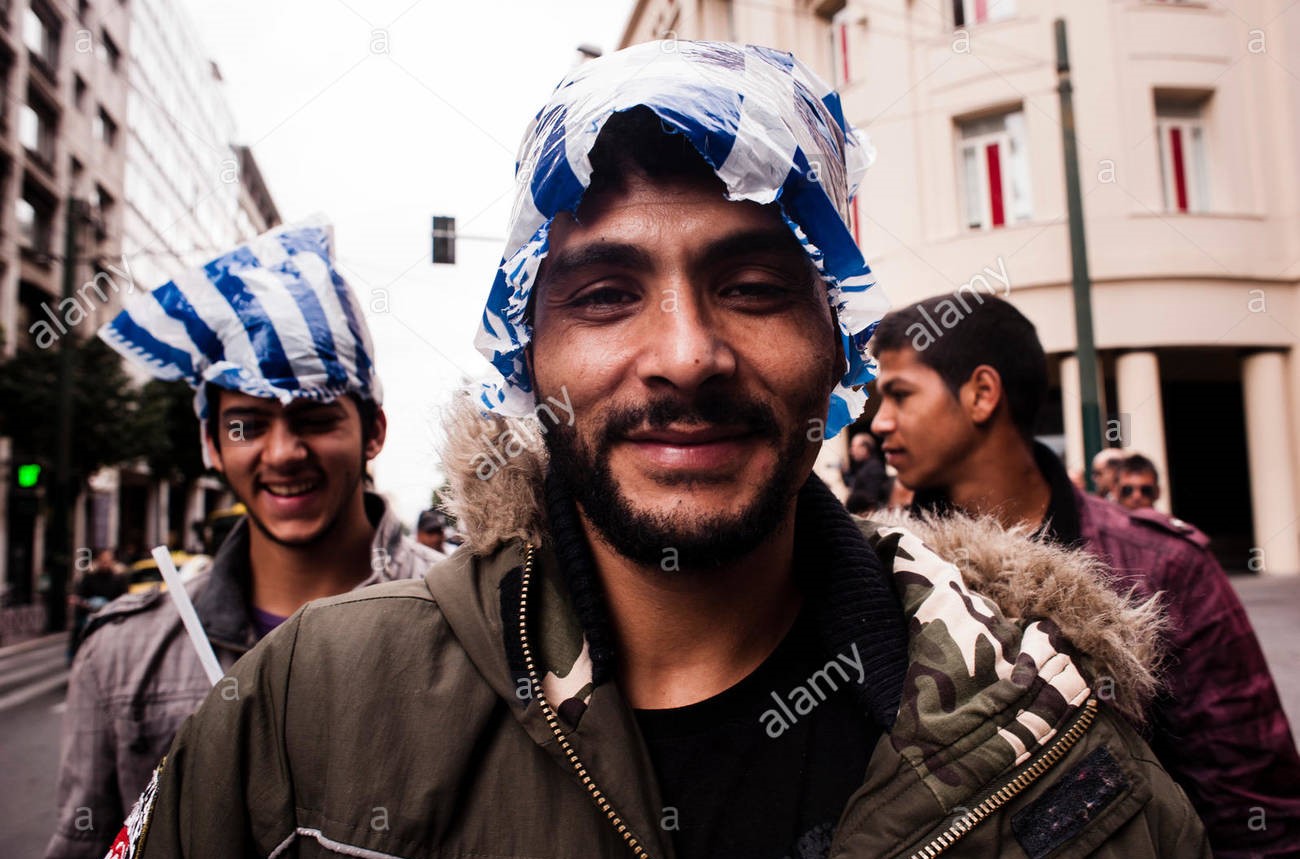The Romani people of Greece or Romá (Greek: Ρομάνι/Ρομά) are called Arlije/Erlides (Greek: Ερλίδες), Tsiganoi (Greek: Τσιγγάνοι), Athiganoi(Αθίγγανοι), or the more derogatory term Gyftoi (Greek: Γύφτοι) (Gypsies). The number of Roma in Greece has been estimated to be up to 300,000 people.On 8 April 2019 the Greek government stated that the number of Roma people in Greece is around 110,000.
The history of Roma in Greece goes back to the 15th century. The name Gypsy(Gyftos=Γύφτος) sometimes used for the Romani people was first given to them by the Greeks, who supposed them to be Egyptian in origin.
Due to their nomadicnature, they are not concentrated in a specific geographical area, but are dispersed all over the country. The majority of the Greek Roma are Orthodox Christians who speak the Romani language in addition to Greek. Most of the Roma who live in Western Thrace are Muslims and speak a dialect of the same language.
The Roma in Greece live scattered on the whole territory of the country, mainly in the suburbs. Notable centres of Romani life in Greece are Agia Varvara which has a very successful Romani community and Ano Liosia where conditions are poorer. Roma largely maintain their own customs and traditions.
The majority of the Greek Roma are Orthodox Christian and have taken a Greek identity (language, names) while a small part of them, the Muslim Roma concentrated in Thrace have adopted Turkish identities.
Roma in Greece are known for the zurna and davul duos (analogous to the shawm and drum partnership common in Romani music) and Izmir-influenced koumpaneia music. Koumpaneia has long been popular among Greek Roma and Jews.
Notable Roma from Greece is: Manolis Angelopoulos, singer, Paola Foka, singer, Kostas Hatzis, singer and musician, Irini Merkouri, singer, Christos Patsatzoglou, Greek international football player, Vassilis Saleas, clarinetist, , Eleni Vitali, singer and composer, Sotis Volanis, singer, Giorgos Giakoumakis, footballer end etc.












